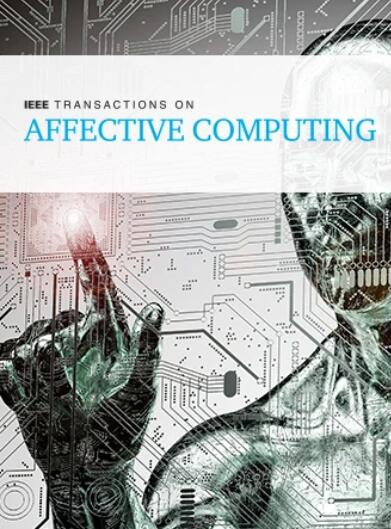预测明天情绪、压力和健康的个性化多任务学习
IF 9.6
2区 计算机科学
Q1 COMPUTER SCIENCE, ARTIFICIAL INTELLIGENCE
引用次数: 151
摘要
虽然准确预测情绪和幸福感可能具有许多重要的临床益处,但传统的机器学习(ML)方法在这一领域的性能往往很低。我们认为,这是因为一刀切的机器学习模型天生不适合预测情绪和压力等结果,而情绪和压力因个体差异而变化很大。因此,我们采用多任务学习(MTL)技术来训练个性化的ML模型,这些模型是根据每个人的需求定制的,但仍然利用来自整个人群的数据。比较了MTL的三个公式:i)MTL深度神经网络,它共享几个隐藏层,但具有每个任务唯一的最终层;ii)多任务多内核学习,通过特征类型的内核权重在任务之间提供信息;以及iii)分层贝叶斯模型,其中任务共享共同的狄利克雷过程先验。我们以开放源代码的形式提供这项工作的代码。这些技术是在预测未来情绪、压力和健康的背景下进行研究的,使用从调查、可穿戴传感器、智能手机日志和天气中收集的数据。经验结果表明,与传统的机器学习方法相比,使用MTL来解释个体差异可以大大提高性能,并提供个性化、可操作的见解。本文章由计算机程序翻译,如有差异,请以英文原文为准。
Personalized Multitask Learning for Predicting Tomorrow's Mood, Stress, and Health
While accurately predicting mood and wellbeing could have a number of important clinical benefits, traditional machine learning (ML) methods frequently yield low performance in this domain. We posit that this is because a one-size-fits-all machine learning model is inherently ill-suited to predicting outcomes like mood and stress, which vary greatly due to individual differences. Therefore, we employ Multitask Learning (MTL) techniques to train personalized ML models which are customized to the needs of each individual, but still leverage data from across the population. Three formulations of MTL are compared: i) MTL deep neural networks, which share several hidden layers but have final layers unique to each task; ii) Multi-task Multi-Kernel learning, which feeds information across tasks through kernel weights on feature types; and iii) a Hierarchical Bayesian model in which tasks share a common Dirichlet Process prior. We offer the code for this work in open source. These techniques are investigated in the context of predicting future mood, stress, and health using data collected from surveys, wearable sensors, smartphone logs, and the weather. Empirical results demonstrate that using MTL to account for individual differences provides large performance improvements over traditional machine learning methods and provides personalized, actionable insights.
求助全文
通过发布文献求助,成功后即可免费获取论文全文。
去求助
来源期刊

IEEE Transactions on Affective Computing
COMPUTER SCIENCE, ARTIFICIAL INTELLIGENCE-COMPUTER SCIENCE, CYBERNETICS
CiteScore
15.00
自引率
6.20%
发文量
174
期刊介绍:
The IEEE Transactions on Affective Computing is an international and interdisciplinary journal. Its primary goal is to share research findings on the development of systems capable of recognizing, interpreting, and simulating human emotions and related affective phenomena. The journal publishes original research on the underlying principles and theories that explain how and why affective factors shape human-technology interactions. It also focuses on how techniques for sensing and simulating affect can enhance our understanding of human emotions and processes. Additionally, the journal explores the design, implementation, and evaluation of systems that prioritize the consideration of affect in their usability. We also welcome surveys of existing work that provide new perspectives on the historical and future directions of this field.
 求助内容:
求助内容: 应助结果提醒方式:
应助结果提醒方式:


